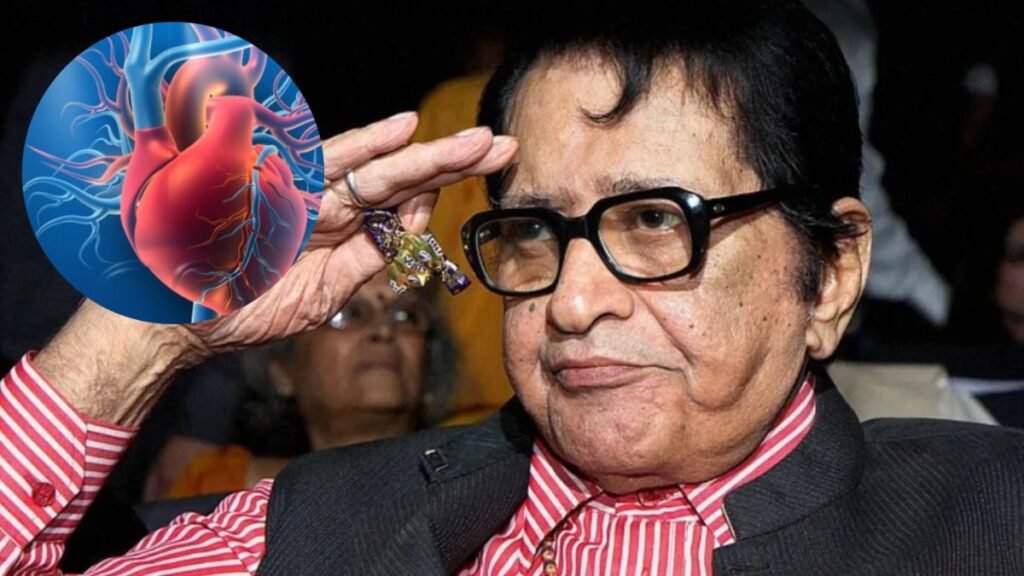Veteran actor Manoj Kumar died
Indian actor and film director Manoj Kumar died on Friday at Kokilaben Dhirubhai Ambani Hospital in Mumbai. According to the report, he died of cardiogenic shock, caused by acute myocardial infarction or severe heart attack. According to the medical report, the Veterine actor was suffering from decomponed liver cirrhosis for a few months, which deteriorated his health. Cardiogenic shock is a serious heart disease. Let’s know its symptoms and prevention measures?
What is cardiogenic shock?
Cardiogenic shock is a deadly condition that occurs when the heart is not able to pump enough blood to meet the needs of the body suddenly. This acute may result in myocardial infarction (AMI), which is also known as severe heart attack.
Causes of cardiogenic shock:
Myocardial infarction: The heart attack occurs when the blood flow in the heart stops, causing damage to the heart muscle.
Heart Felier: The damaged heart muscle does not pump enough blood, causing a decrease in heart production.
Low blood pressure: Reduction in heart production leads to a decline in blood pressure, causing insufficient blood flow to vital organs.
Symptoms of cardiogenic shock:
Chest pain: Chest pain or discomfort, which often spreads to the arms, back or jaws.
Breath swell: difficulty in breathing or suffocating
Fatigue: feeling weak or tired
Confusion: Decreased mental clarity or confusion
Fast heart rate: increased heart rate
Treatment of cardiogenic shock:
Emergency medical: immediate medical attention is important.
Cardiac catheterization: a process of opening the blocked coronary arteries.
Medications: To support heart function, control pain and prevent further damage.
Intensive Care: close monitoring and assistance in intensive care unit (ICU)
What is liver cirrhosis?
Liver cirrhosis is the final stage liver disease, which causes scars, swelling and liver cell damage. It is often caused by chronic alcohol addiction, viral hepatitis (B and C) and non-alcohol fatty liver disease (NAFLD). Symptoms include fatigue, jaundice (yellow skin and eyes), stomach swelling and easily injury. If it is not treated, liver cirrhosis may increase the risk of liver failure, portal hypertension and liver cancer. Treatment options include lifestyle changes (avoiding alcohol and healthy diet), drugs to control symptoms and to slow the progression of the disease and liver implants in advanced cases. Early identification and treatment are important to manage liver cirrhosis and prevent further complications.
Latest health news
